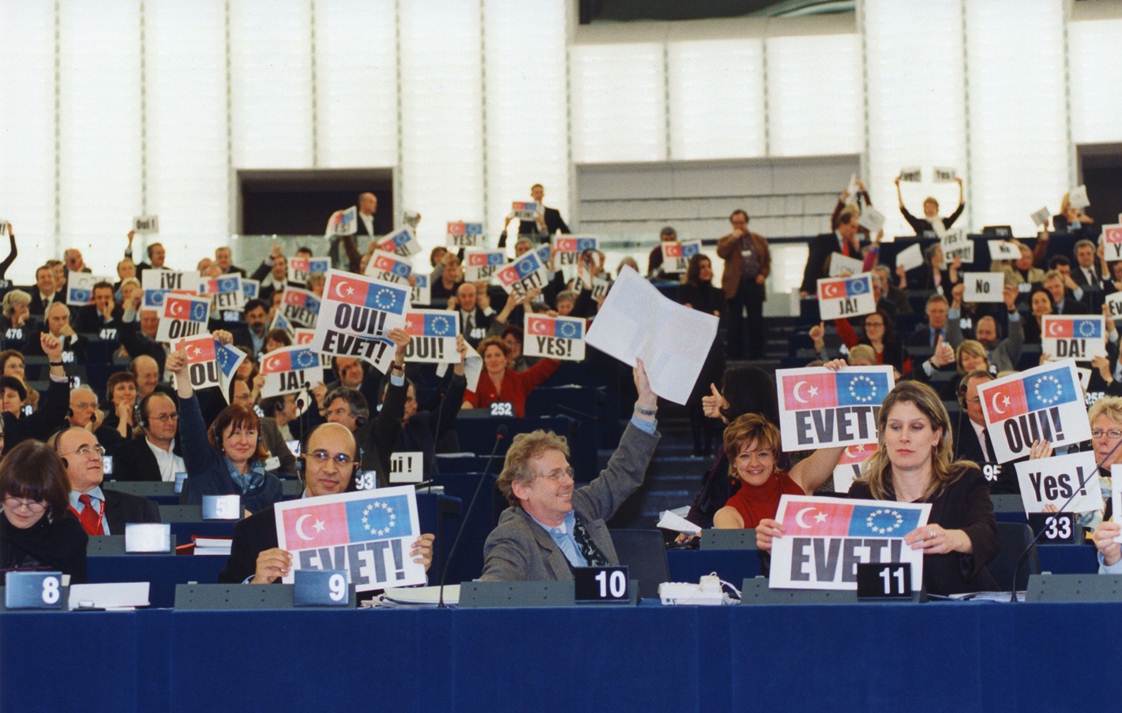- HOMEWelcome
- DIRECTORATE FOR EU AFFAIRSStructure
- E.U.Structure
- TÜRKİYE-EU RELATIONS
- History of Türkiye- EU Relations
- Main Documents
- Agreements
- Protocols
- Accession Partnership Documents
- National Programmes for the Adoption of the Acquis (NPAA)
- Türkiye Reports Prepared by the European Commission
- Enlargement Strategy Papers
- Türkiye’s National Action Plan for the EU Accession
- Türkiye’s National Action Plan for the EU Accession (2021-2023)
- Association Council Decisions
- Documents on Türkiye-EU Summits
- Institutional Structure
- Customs Union
- Türkiye- EU High Level Dialogue Meetings
- DATASources
- MEDIANews
- CONTACTContact Us
- Accession Negotitations
- Current Situation
- Chapters
- Screening Process
- National Programmes for the Adoption of the Acquis (NPAA)
- Türkiye's Programme for Alignment with the Acquis (2007-2013)
- Türkiye’s National Action Plan for the EU Accession (2016-2019)
- Türkiye’s National Action Plan for the EU Accession (2021-2023)
- Main Documents on Accession Process
- FAQ for Negotiation Process


